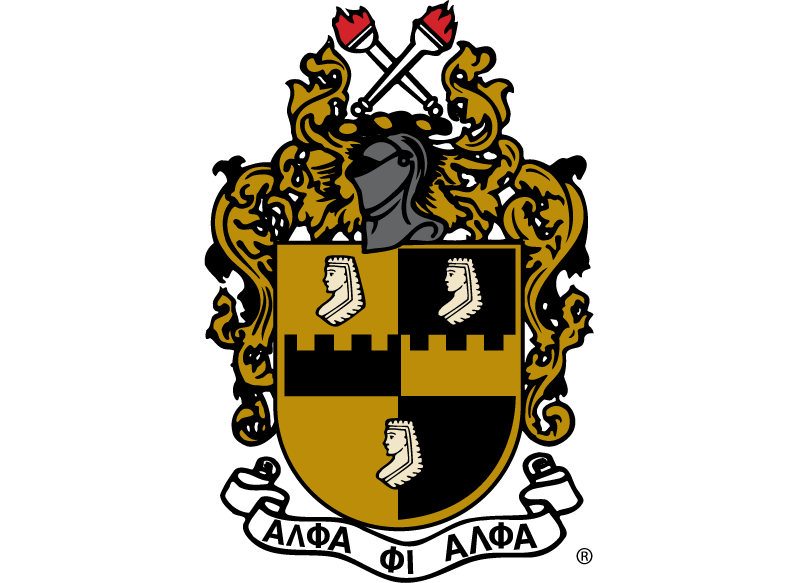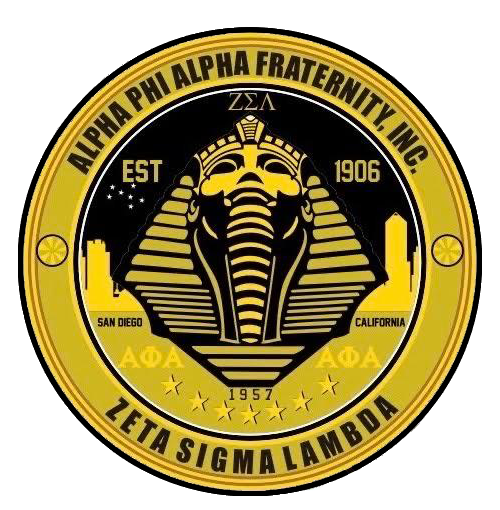Bridging the Gap: The Imperative of Project Alpha in San Diego
By: Bro. Dr. Bannerman and Bro. Dexter Egleston
San Diego County, with its vibrant culture and diverse communities, presents a unique social landscape. However, beneath the surface of this sunny paradise lie challenges that disproportionately impact young men, particularly those in the Black community. Many of these barriers are systemic, meaning that young Black men can't face them alone; they need the support of men who look like them and understand their experiences.
The concept of "Third America," as discussed in Advancing Black Male Student Success From Preschool Through Ph.D., refers to a segment of the American population that is largely marginalized and ignored by mainstream society. This group predominantly comprises men of color, especially Black men, who are often depicted through narratives of unemployment, poverty, and high incarceration rates. This term highlights the systemic inequities within the educational and societal frameworks of the United States, where certain demographics are denied the opportunities and resources afforded to others.
The stark disparities in educational outcomes among San Diego's youth vividly illustrate the "Third America" concept, particularly impacting Black and Latino/a communities. According to the 2021 County of San Diego Equity Indicators Report, 94.2% of 19- and 20-year-olds completed grade 12 or higher. This overall success within the county masks significant inequities when the despairities are examined deeper. Alarmingly, 11.4% (544 students) of Black or African American youth did not complete high school, marking a substantial 6% gap compared to the overall graduation rate. Hispanic or Latino youth faced similar challenges, with 8.7% failing to graduate. In sharp contrast, only 3.6% of White students and a mere 0.9% of Asian students did not graduate. These statistics underscore systemic barriers that disproportionately hinder Black and Latino/a students, highlighting an urgent need for targeted interventions to bridge this cultural divide. (Equity Indicator Report;San Diego Foundation).
Moreover, while suspension rates have decreased overall in the past decade, disparities persist. Schools are more likely to suspend students of color, particularly Black and Indigenous students. The suspension rate for Black students is nearly three times higher than that of White students. Notably, in the 2021-2022 school year, the suspension rate for Indigenous students surpassed that of Black students for the first time in at least a decade (Voice of San Diego).
These statistics are not just numbers; they represent real barriers that our youth face daily. The higher suspension rates and lower high school completion rates among Black and Latino/a students perpetuate a cycle of marginalization and limit their opportunities for success. This local data exemplifies the "Third America" within our own community—a segment systematically denied equitable access to education and advancement.
Project Alpha: Our Collective Response
Addressing these disparities requires collective action. As members of Alpha Phi Alpha Fraternity, Inc., we have a responsibility to advocate for and support initiatives that promote educational equity. This is where Project Alpha comes into play—a program that embodies our fraternity's commitment to making a tangible difference in the lives of young men in San Diego.
In an age where social media distorts reality and magnifies unrealistic expectations, our youth face unprecedented challenges in navigating their formative years. The digital world often showcases only the highlights—"everything that glitters," as Brother Bannerman, who leads our local Project Alpha initiative, points out. "But in reality, most people are really grinding. If all you see is glitter, then you feel like you're behind." This distortion can erode self-esteem and skew decision-making, making it crucial for us to provide a counterbalance of reality and support.
Understanding the allure and pressure of social media, our chapter focuses on offering positive reinforcement and serving as tangible role models. "Having a good support system that can give you positive reinforcement is essential," Brother Bannerman emphasizes. Through mentorship, we share our own experiences—the triumphs and the trials—to help young men develop a realistic and positive outlook on life.
We also address the broader risks associated with social media, including substance abuse and peer pressure. While these issues may not always be immediately visible, they linger in the background of the social media landscape. Open conversations about these topics are integral to our program, ensuring that we tackle not just the symptoms but the root causes of the challenges our youth face.
Empowering Through Mentorship and Education
Project Alpha is more than just a program; it's a direct response to the systemic challenges that contribute to "Third America." Our initiative combats negative stereotypes, racial discrimination, and limited opportunities by providing education on responsibility, relationships, and critical health topics vital for young males aged 12-15.
One of the most impactful elements of our program is the provision of positive Black male role models. The absence of such figures is a significant factor in the perpetuation of the "Third America" phenomenon. By stepping into this role, we offer mentorship and guidance, sharing life experiences that equip young men with the tools to navigate societal challenges effectively.
We liken our mentorship to providing "cheat codes" for success—valuable insights that help young people understand and maneuver through life's complexities. By sharing knowledge to combat ignorance and fear, changing attitudes to promote positive behavior, and providing skills to empower, we aim to instill a sense of self-efficacy and resilience.
Recognizing that each young person is unique, we tailor our approach to meet individual needs. This diversity in perspectives enriches our program, making it adaptable and relevant. It's about more than just teaching; it's about listening, understanding, and responding to the specific circumstances each young man faces.
The Real Work of Our Fraternity
Ultimately, Project Alpha represents the "real work" of Alpha Phi Alpha Fraternity, Inc. It's not just an initiative but a commitment—a tangible effort to make a difference in the lives of young people in San Diego. By staying focused on their needs and operating within the program's boundaries, we strive to dismantle the barriers that contribute to the marginalization of our youth.
Together, we're building a foundation for a brighter future, one young man at a time. As brothers, let's continue to champion Project Alpha, ensuring that we provide the support and guidance our youth need to overcome the challenges of "Third America." Our collective action today paves the way for their success tomorrow.
References:

